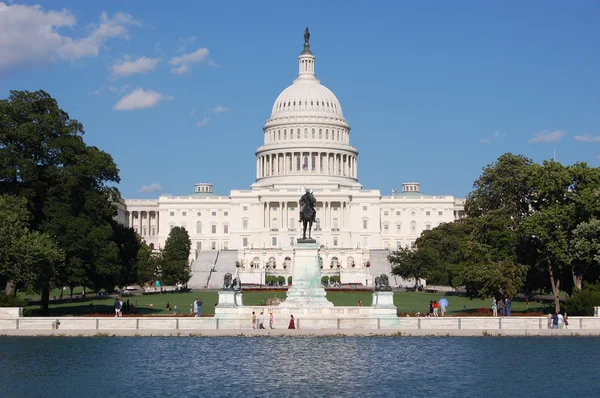.jpg)
.jpg)
 SMACNA has reached out to Members of Congress in opposition
SMACNA has reached out to Members of Congress in opposition.jpg) to H.R. 1284 and its Senate companion bill, S.
to H.R. 1284 and its Senate companion bill, S..jpg)
.jpg) 403. These items of legislation were recently introduced in the House of Representatives and Senate but they are at the earliest stage of
403. These items of legislation were recently introduced in the House of Representatives and Senate but they are at the earliest stage of.jpg) consideration. Under the terms of the so-called “Fair and Open Competition Act,” proposed by Congressman Ted Budd (R-NC) and Senator Todd Young (R-IN), construction managers would be forbidden from using Project Labor Agreements (PLAs) during the bidding and constructing phases of directly funded federal infrastructure projects and related public works. This would hold true regardless of the project complexity or special needs for skilled workforce participation. This would contrast with the rights private sector project owners exercise daily to specify PLAs on complex private construction projects. Most PLAs are found on private work and have been for decades, often by the most demanding corporations where performance, quality, and budgetary demands are as rigorous as the timelines established within the PLA terms.
consideration. Under the terms of the so-called “Fair and Open Competition Act,” proposed by Congressman Ted Budd (R-NC) and Senator Todd Young (R-IN), construction managers would be forbidden from using Project Labor Agreements (PLAs) during the bidding and constructing phases of directly funded federal infrastructure projects and related public works. This would hold true regardless of the project complexity or special needs for skilled workforce participation. This would contrast with the rights private sector project owners exercise daily to specify PLAs on complex private construction projects. Most PLAs are found on private work and have been for decades, often by the most demanding corporations where performance, quality, and budgetary demands are as rigorous as the timelines established within the PLA terms.
In early February of this year, President Joseph R. Biden Jr. signed an Executive Order (EO 14063) that .jpg) mandated that large-scale federal construction projects valued at $35 million or higher, with certain exceptions, must have a valid PLA negotiated prior to bidding. President Biden’s EO 14063 is essentially a re-affirmation of Obama’s EO 13502. However, it also expands upon it by creating a presumption that PLAs will be used, limiting federal agency discretion to “opt-out” of PLA requirements, and creating federal agency reporting requirements regarding “the use of project labor agreements on large-scale construction projects, as well as descriptions of the possible examples of the exceptions granted by federal agencies.
mandated that large-scale federal construction projects valued at $35 million or higher, with certain exceptions, must have a valid PLA negotiated prior to bidding. President Biden’s EO 14063 is essentially a re-affirmation of Obama’s EO 13502. However, it also expands upon it by creating a presumption that PLAs will be used, limiting federal agency discretion to “opt-out” of PLA requirements, and creating federal agency reporting requirements regarding “the use of project labor agreements on large-scale construction projects, as well as descriptions of the possible examples of the exceptions granted by federal agencies.
SMACNA believes that PLAs are valuable for owners and project contractors in managing a private or public construction project. It provides a detailed account and estimate of potential costs encountered. This enables a methodical planning process that, in turn, allows for more cost-effective bidding and performance. PLAs have been used for over 100 years in the private sector by anti-union and pro-union corporate clients and developers alike. They have proven incredibly adept tools for effective project management as a long track record of distinction documents.
Public sector PLAs have specified in regulation and implementation the unique benefit of fairness to both union and non-union contractors to bid and work on public projects. PLAs create a process that provides incentives for expanding the number of registered apprentices and skilled workers in the community where the work is occurring. In addition, the framework also provides a mechanism to protect contractors and the federal government through a rigorous and mutually agreed-upon employee and contractor screening process, often required on critical infrastructure and related federal facilities for national security reasons.
PLAs have a proven track record on highly complex and unique projects to scrutinize costs and productivity in a manner that protects the taxpayer while helping to ensure work is timely and of the highest craftsmanship. Therefore, SMACNA opposes the passage of H.R. 1284 / S. 403. Further, just as private-sector owners have the right to use PLAs at their discretion to meet unique project demands, SMACNA supports the same option for public sector authorities, where they deem appropriate.